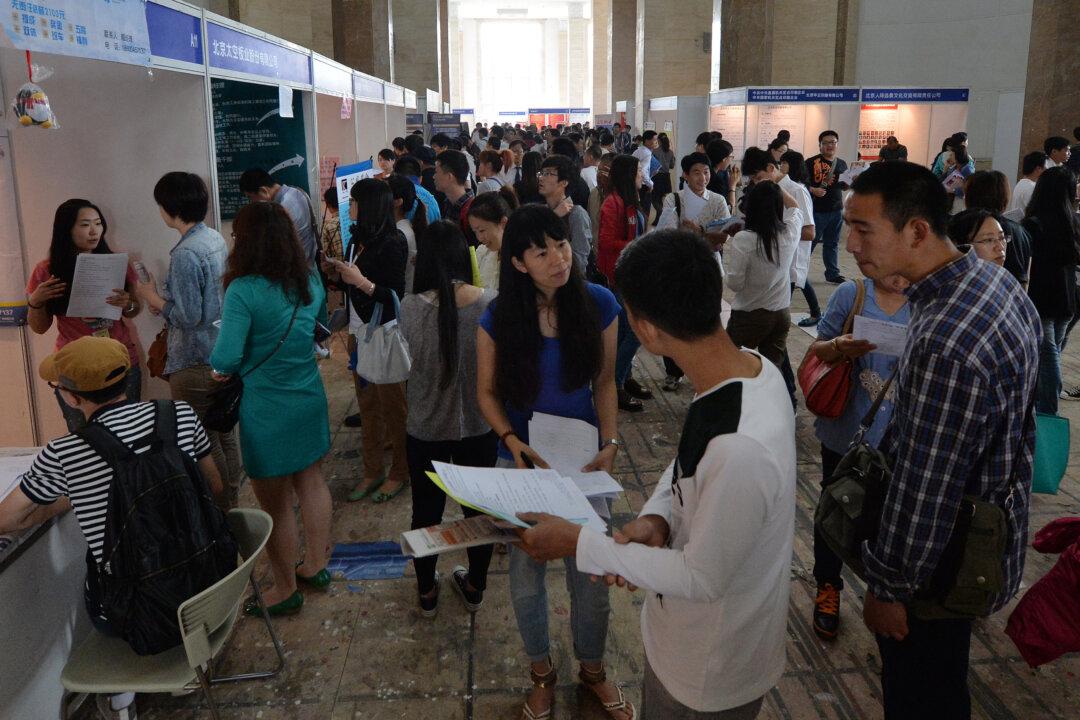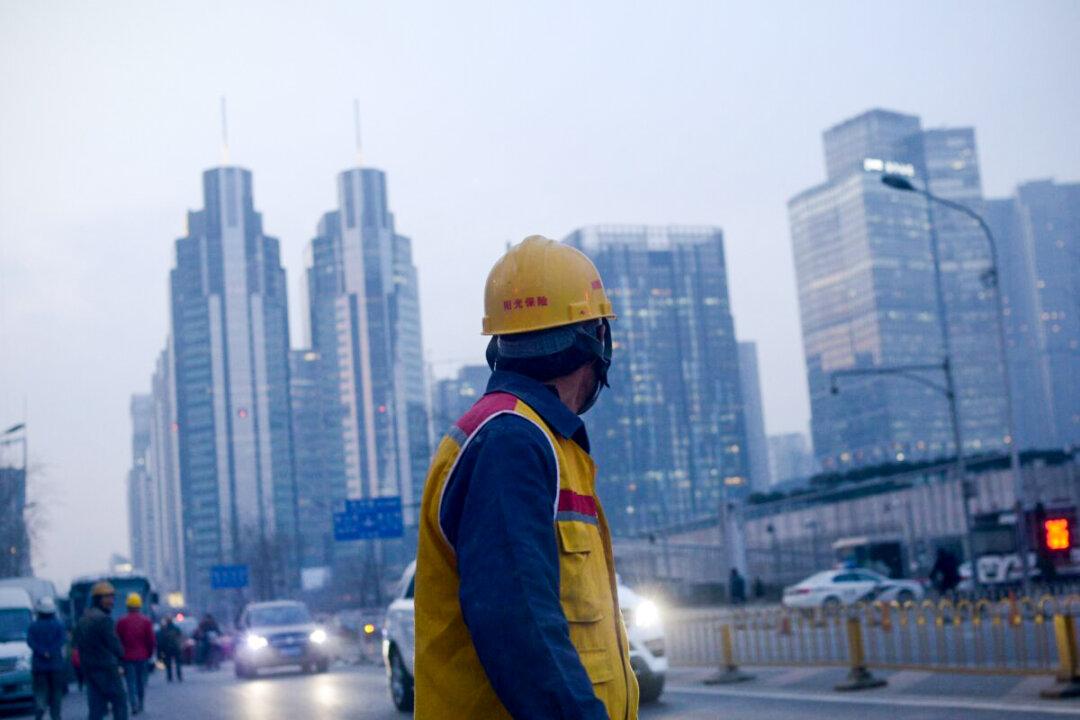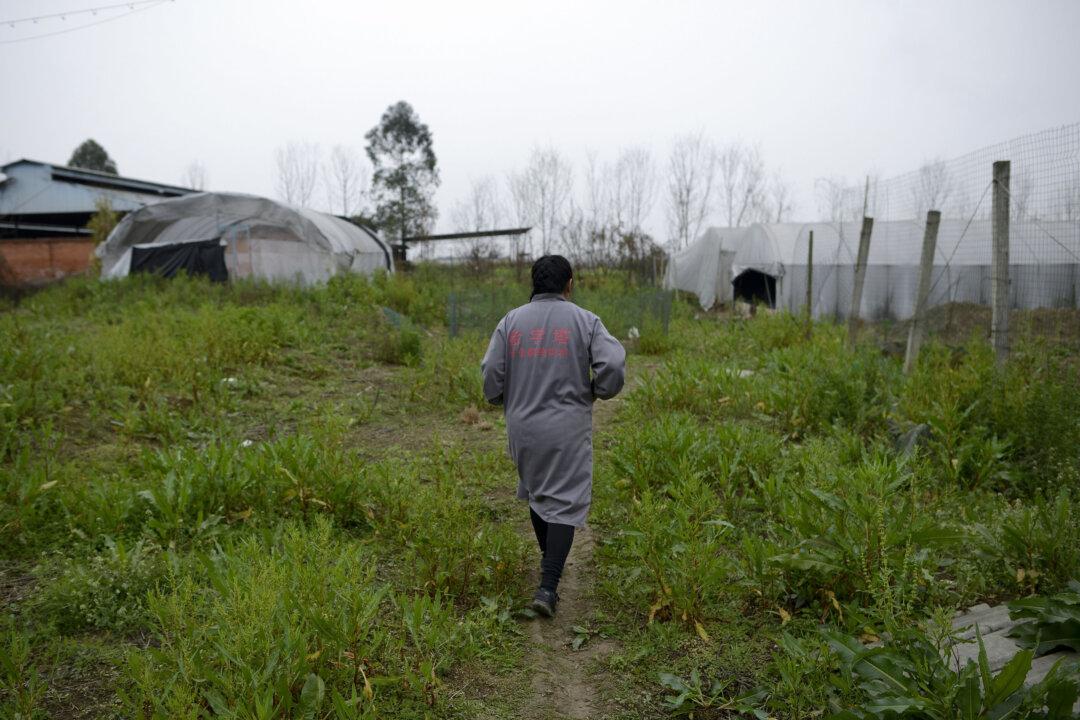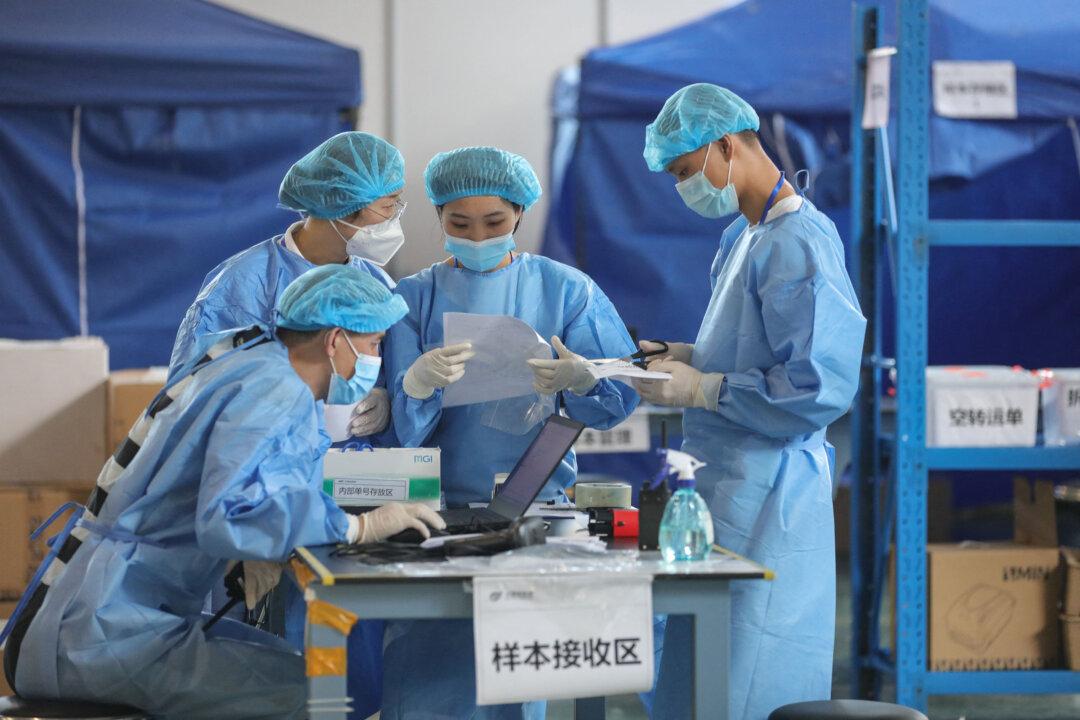The economic downturn, which capped off with the massive 2.4 trillion stock market loss in late December 2018, wrapped up a reversal in China’s 40 years of economic growth. China’s slowing economy is thus impacting domestic job creation.
A graduate of Peking University, the second best university in China, complained on social media after being unable to find a job. The article titled, “I’m sorry, I graduated from Peking University, and am still unemployed,” explains about the unexpected difficulty of finding employment after graduating from a famed university.





